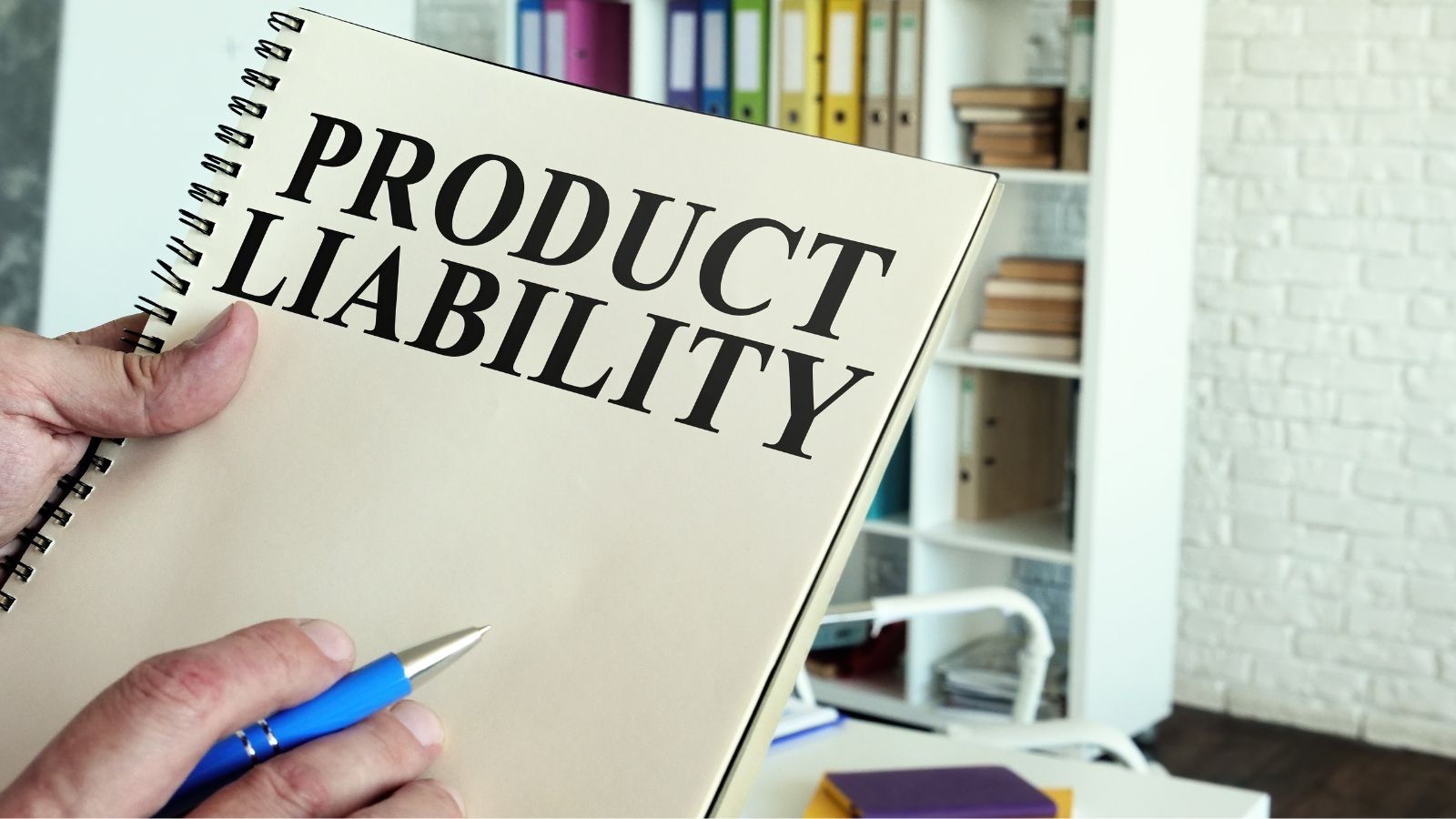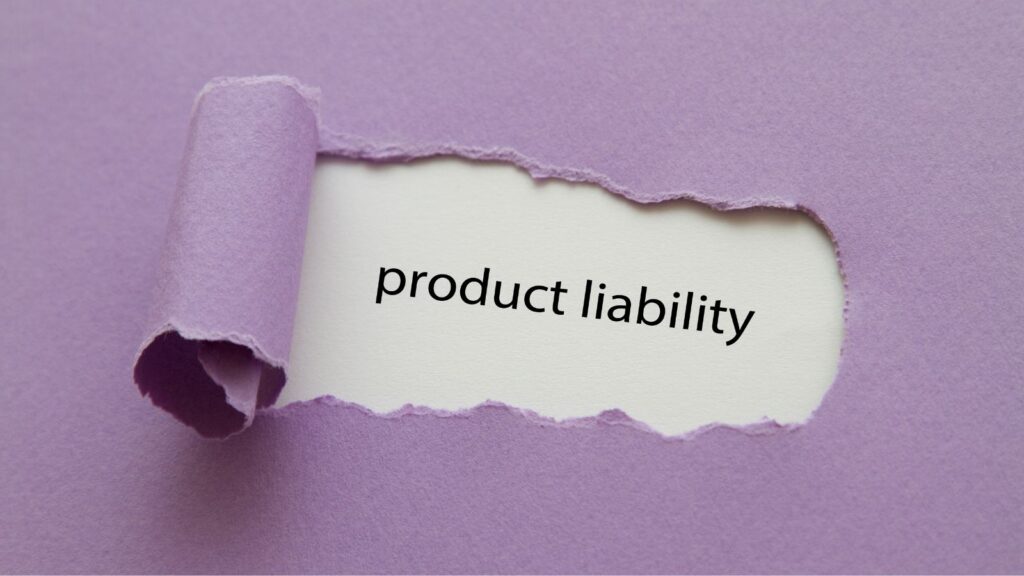
Every day, millions of consumers trust that the products they use are safe—from the car they drive to the medicine they take. Unfortunately, that trust can sometimes be misplaced. Defective products injure thousands of people each year, often before the public even knows a problem exists. Whether it’s a malfunctioning appliance, unsafe toy, or contaminated drug, these defects can lead to serious injuries, financial loss, and lasting trauma.
When a product turns dangerous, you have rights. An experienced attorney, such as those at Garvin Injury Law, can help you take swift legal action, even before the product is officially recalled. Preserving evidence, identifying the responsible parties, and pursuing full compensation help victims stand up to corporations that put profits above safety.
Spotting a Dangerous Product Before It’s Too Late
Defective products aren’t always easy to recognize. Some may appear perfectly normal until a catastrophic failure occurs. Others may cause subtle harm over time—like a medication that leads to hidden side effects or a household product that emits toxic fumes.
The key warning signs often include unexpected malfunctions, product warnings that don’t make sense, or injuries that occur during normal use. Consumers should trust their instincts—if something feels unsafe or behaves unpredictably, it’s worth taking a closer look. Documenting early warning signs can make all the difference if injuries occur later.
The Three Types of Product Defects
Not all product defects are created equal. Understanding what went wrong can help determine who’s responsible and what kind of legal action may be necessary. Most cases fall into one of three categories:
Common types of product defects include:
- Design defects: The product’s blueprint or structure is inherently unsafe, even when used correctly.
- Manufacturing defects: Something went wrong during production—such as a faulty component, contamination, or assembly error.
- Marketing or labeling defects: The product lacked adequate instructions, safety warnings, or clear usage guidelines.
Each type of defect involves a different level of investigation and responsibility. Attorneys work with engineers, safety specialists, and other experts to uncover where the error occurred—and who should be held accountable.
Taking Action Immediately After an Injury
Time is your greatest asset after being injured by a defective product. The steps you take in the first few days can determine the strength of your claim. Unlike car accidents, product liability cases often require proving that a defect existed long before the injury occurred.
Here’s what to do right away:
- Seek medical attention and document your injuries in detail.
- Preserve the product—don’t throw it away, repair it, or return it.
- Keep all packaging, manuals, and receipts as evidence.
- Take photos or videos showing the product, injury, and scene.
- Write down what happened while your memory is fresh.
- Contact an attorney as soon as possible to begin your claim.
These steps help ensure that key evidence is protected before the manufacturer can alter or destroy it during a recall investigation.
Understanding Manufacturer Responsibility
When a product fails, the question isn’t just “what happened?”—it’s “who allowed this to happen?” Manufacturers, distributors, and even retailers may share responsibility for releasing unsafe products. Under Florida law, any party in the product’s chain of distribution can be held liable if negligence or defect is proven.
In many cases, companies are aware of risks long before taking action. Internal tests, consumer complaints, or reports from safety agencies often reveal early warning signs. When they fail to respond or delay a recall, they put countless people at risk. Holding these entities accountable through legal action not only compensates victims but also encourages higher safety standards for the future.

What Happens If a Product Is Recalled After You’re Injured
A recall doesn’t have to occur before you take legal action. In fact, many victims file product liability claims months—or even years—before a product is officially pulled from store shelves. Recalls can actually strengthen a case, as they often serve as evidence that the manufacturer acknowledged a defect.
However, waiting for a recall can be risky. By the time it happens, critical evidence may be lost, and deadlines for filing a claim may have passed. Florida’s statute of limitations typically gives victims four years to file a personal injury claim, but every day matters when it comes to preserving evidence and witness testimony. Taking early action ensures your claim remains strong even as investigations unfold.
The Importance of Expert Testimony and Evidence
Product liability cases hinge on proof—and proving that a defect caused your injury can be highly technical. Expert testimony is often necessary to explain how the product failed, why it was unsafe, and what the manufacturer could have done differently. These experts help translate complex engineering details into clear, persuasive evidence for judges and juries.
Attorneys also use expert insights to calculate long-term damages. For example, a defective medical device might cause complications requiring years of treatment, or a faulty vehicle component could lead to permanent disability. Quantifying these effects ensures victims aren’t just compensated for immediate losses but for the full impact of the manufacturer’s negligence.
Protecting Yourself and Others Through Legal Action
Filing a product liability claim isn’t just about personal recovery—it’s about protecting others from suffering the same harm. Lawsuits force negligent companies to confront their failures and often lead to safer products, stricter quality control, and industry-wide changes.
Stepping forward allows victims to become catalysts for accountability. With a skilled legal team guiding the process, victims can navigate complex corporate defenses, ensure full compensation for their injuries, and make a powerful statement: consumer safety should never come second to profit.
